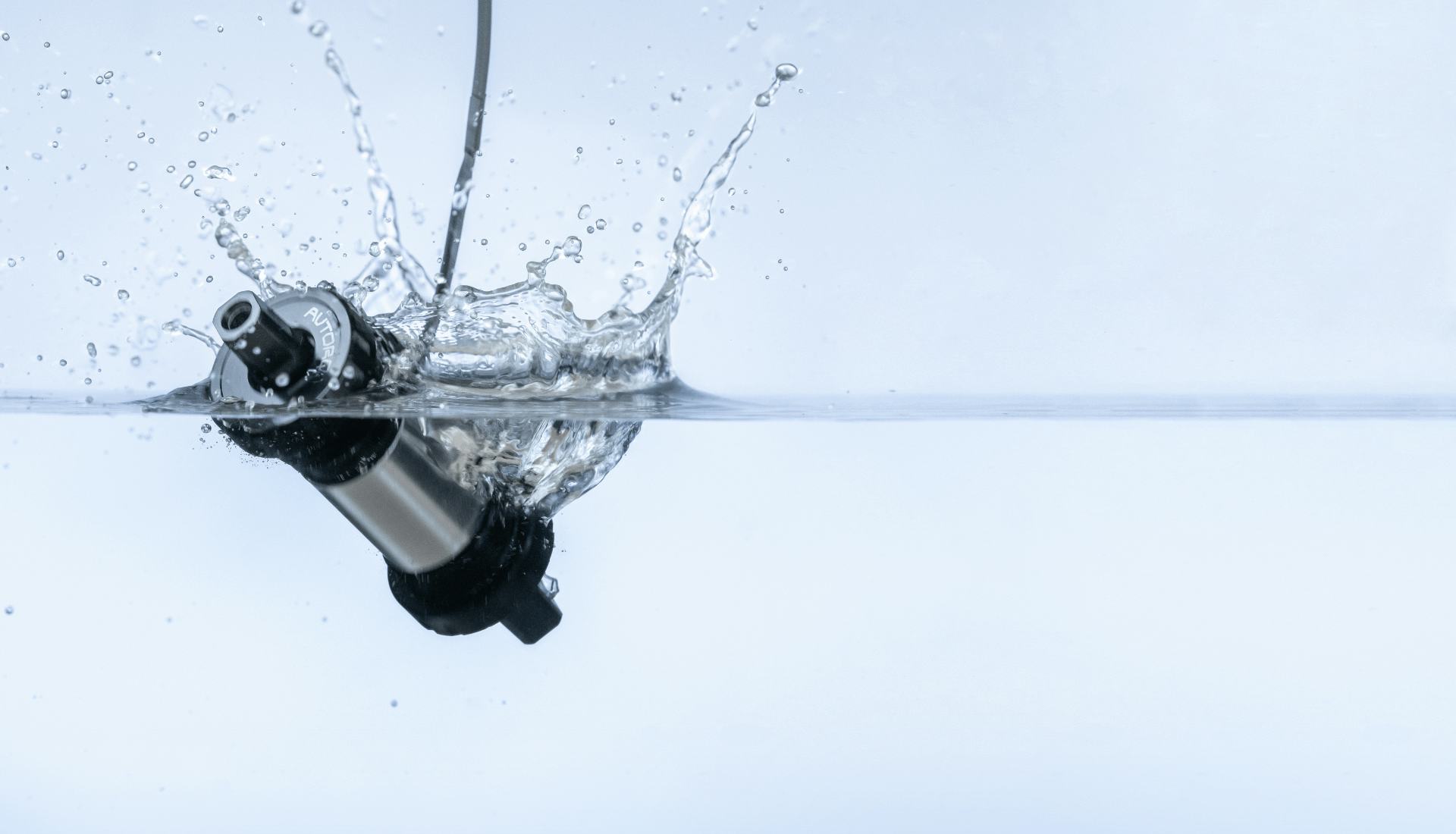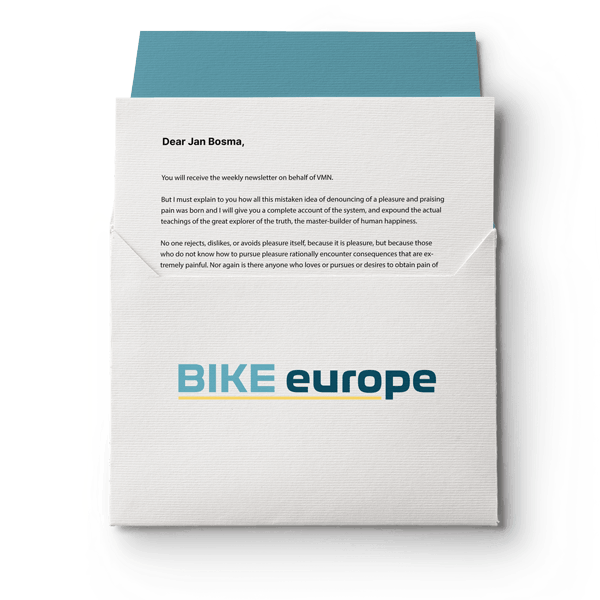“Winter is undoubtedly the most demanding time of the year for bicycle components – a sentiment echoed by many of our customers, especially those in the bike-sharing business,” Ying-Tsao Tan says. He is the founder of Autorq, an international company with offices in Singapore and Portugal that has carved its niche in the industry by focusing on a critical yet often overlooked bicycle component: e-bike torque sensors. “These devices play a pivotal role in the performance of electric bikes, especially in harsh winter conditions. It’s in these challenging conditions that high-quality products distinguish themselves from the rest,” he adds.
Robustness in all weather conditions
His point is illustrated by taking a more detailed look at torque sensors and how they work. As an essential part of many of today’s e-bike motor systems – whether it’s lightweight e-bikes such as city, gravel, road and trekking e-bikes or powerful e-bikes such as cargo bikes or s-pedelecs with support up to 45 km/h – torque sensors measure the rider’s pedalling force and provide data to the e-bike’s control unit, which then can adjust the motor’s output accordingly.

“The result is an accurate response to the rider’s input. One can, therefore, imagine that problems may arise when a torque sensor fails to function properly. Accordingly, we take great pride in the fact that our torque sensors are renowned for their robustness in all weather conditions,” the Autorq founder says.
A closer look at the technology behind Autorq’s sensors reveals that his statements are not mere marketing fluff. Using the active magnetostrictive effect, the contactless design with no moving parts requires no recalibration.
With their IP67-rated waterproof capabilities, they are engineered to cope with the dampest journeys and the harshest environments. And regardless of weather conditions, their high-quality materials and components deliver exceptional robustness and consistent reliability. “We also have an extensive quality control and testing programme. Additionally, all our employees are enthusiastic bike riders. That helps to improve the products further,” Ying-Tsao Tan comments, adding that he believes that this combination of know-how and dedication is evident in the enduring performance of the sensors. “They maintain consistent functionality – even after many years of use”, he says.
New collaboration with Gates
Of interest to bike manufacturers is the fact that since its inception in 2012, Autorq has built a significant range of e-bike torque sensors suitable for different types of bicycles and motors, as well as for different bottom bracket widths (68-120 mm), bottom bracket standards (BSA and T47) and crank interfaces (ISIS and JIS cranks).
This portfolio is expected to expand further in the future, as the company has recently announced a collaboration with Gates, a leader in advanced transmission and belt drive systems. “Our collaboration represents a fusion of two pioneers in the cycling world when it comes to long-lasting products. Together, we are aiming to create a seamless integration of torque sensor technology with top-tier belt drive systems which are also well-known for their reliability – just like our torque sensors,” Ying-Tsao Tan enthusiastically shares, emphasizing that interested companies can already order samples of the upcoming product line.

As Autorq continues to push the boundaries in the world of e-bike and torque sensor technology, its dedication to quality and innovation remains unwavering. With a product range well-known for its reliability throughout all seasons and weather conditions, strategic partnerships like the one with Gates, and a strong foothold in Europe due to its Portugal office which guarantees fast delivery and response times in case of service requests, the company is well-positioned to lead the way in torque sensor technology for years to come.
Ying-Tsao Tan emphasises: “Our products have proven their quality. As the bicycle industry increasingly seeks long-lasting and reliable components, we are very optimistic about the future.”
This article is sponsored by Autorq.








